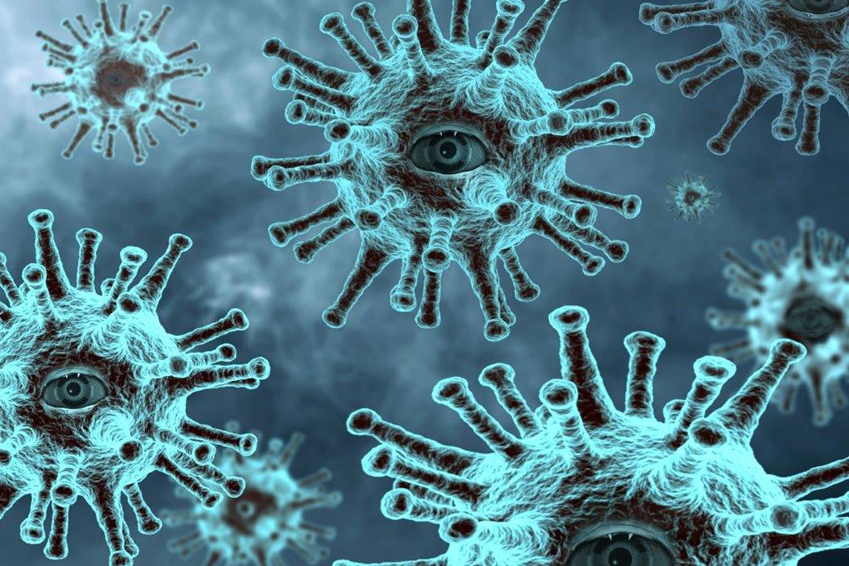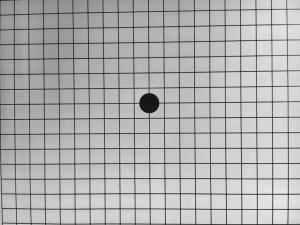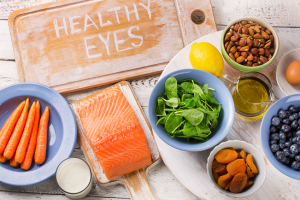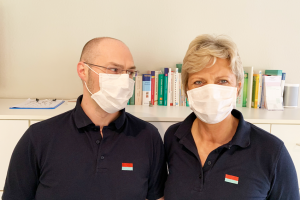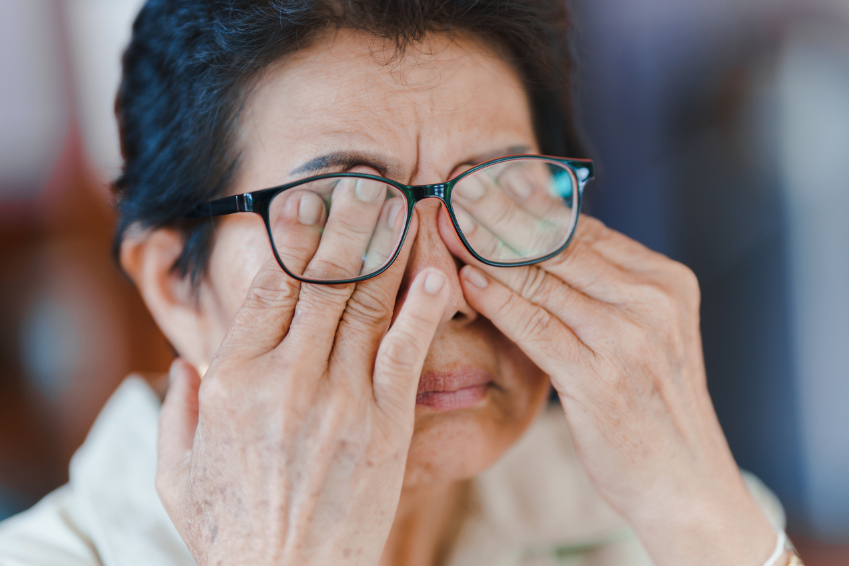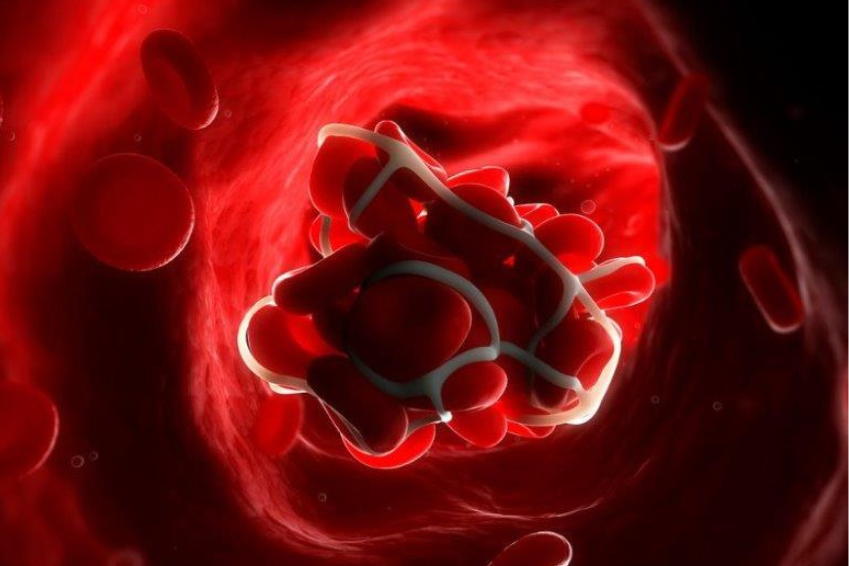Macular degeneration & coronavirus: tips for patients
People with age-related macular degeneration (AMD) are in the age group at higher risk for more severe coronavirus infections. It is important to know how to protect your eyesight while staying safe from this virus.
Coronavirus / COVID-19 and wet age-related macular degeneration (AMD)
During the current coronavirus crisis, non-urgent medical visits can be postponed. However, if you have wet AMD, it is very important to continue receiving intraocular anti-VEGF injections to protect your vision. These should be administered at the frequency recommended by your ophthalmologist, which may vary from patient to patient depending on how active the abnormal blood vessels in the retina are leaking.
In some cases, after a discussion with your ophthalmologist, it may be acceptable to postpone an injection a bit or skip injections a bit further to balance the coronavirus risk against the vision risk.
Measures to reduce coronavirus risk
If it is necessary to come to the ophthalmologist’s office for an injection, some measures should be taken to reduce the coronavirus / COVID-19 / SARS-CoV-2 risk. These may include, whenever possible, social distancing of at least two meters, washing hands with soap and warm water for 20 seconds, not touching the face, and wearing a mask.
It is likely that the ophthalmologist’s office will be less crowded than usual because medical providers have been advised to postpone non-urgent visits. In addition, your eye doctor will take extra precautions to protect you. These may include wearing a mask, washing your hands frequently as usual and, unfortunately, spending less time talking to you, especially up close.
Coronavirus / COVID-19 and dry age-related macular degeneration (AMD)
If you have dry AMD, you should most likely postpone your AMD exams unless you have a change in your vision that could indicate a conversion to wet AMD.
To check for this, take the Amsler grid test (also called the Amsler net) once a week. To do this, keep your glasses on and check one eye at a time while closing the other eye. Look at the dot in the middle of the graph. If you notice any missing or wavy lines on the chart that are different from what you normally see (your baseline), call your eye doctor to discuss a possible appointment.
If you have been told to take vitamins for your AMD, continue to take them, but do not use throat lozenges that contain zinc, as the zinc in the vitamins along with the zinc in the lozenges may be too high.
The diet plays an important role
Eat a diet as rich in vitamins as possible. This will most likely also keep your immune system in a healthy state to fight off a possible coronavirus infection. Your diet should be plant-rich, with plenty of spinach, kale, collard greens and other vegetables and fruits of all kinds. Eating fatty fish such as salmon, sardines, tuna or mackerel twice a week is also considered protective.
If you smoke, this would be an ideal time to stop, as smoking poses a risk for AMD and, in the case of coronavirus infection, also weakens the immune response and impairs respiratory function in the lungs.
We, from Eye Acupuncture Noll are still there for you and support you. Just in the current time we find it very important to continue to be there for you as a therapist and contact person.
Of course, we adhere to the relevant requirements of the hygiene regulations and we also schedule patients so that there are never more than two patients in the practice.
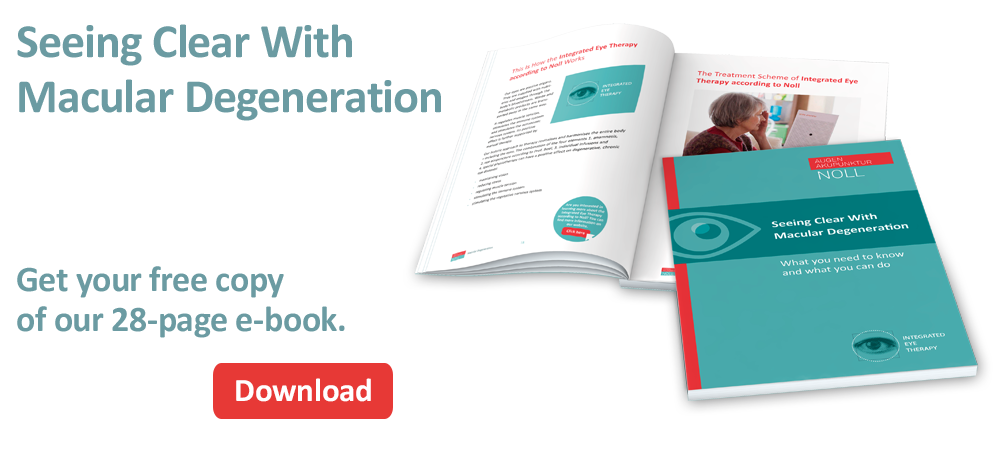 Summary: Macular Degeneration & Coronavirus / COVID-19
Summary: Macular Degeneration & Coronavirus / COVID-19
Conditions in specific locations around the country will likely vary in the coming months with respect to coronavirus (COVID-19 or SARS-CoV-2), but these general principles will apply.
The good news is that most people with AMD will come through this epidemic with their lives and vision intact, especially if patients, eye care providers, neighbors, and our country communicate and work together effectively.

